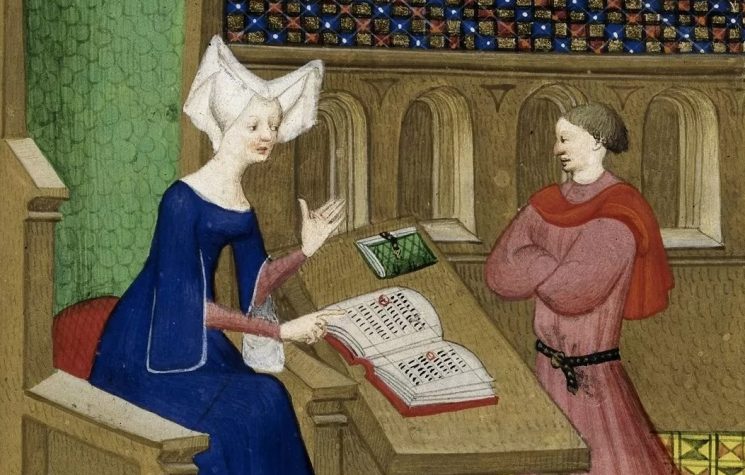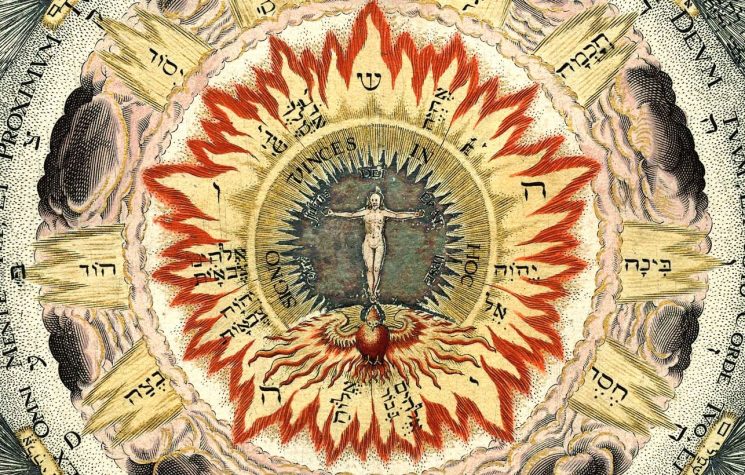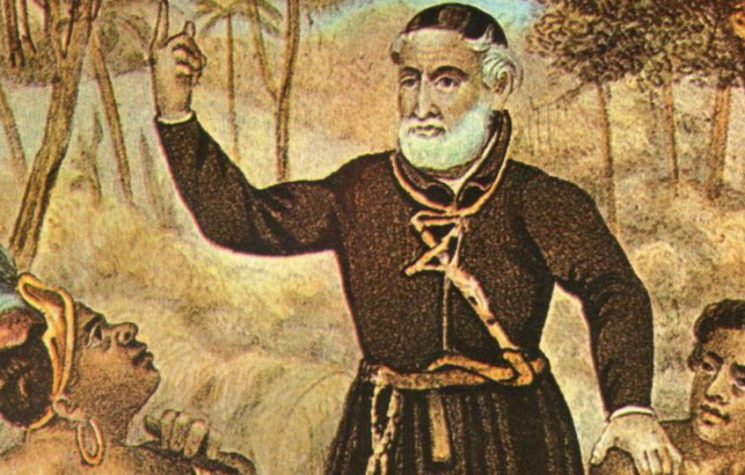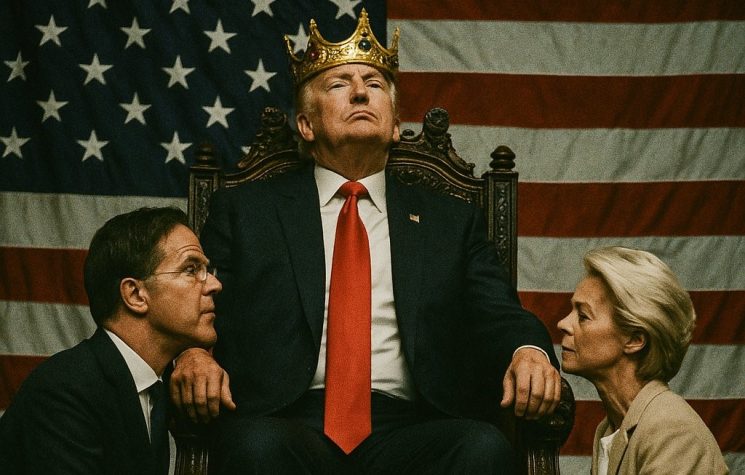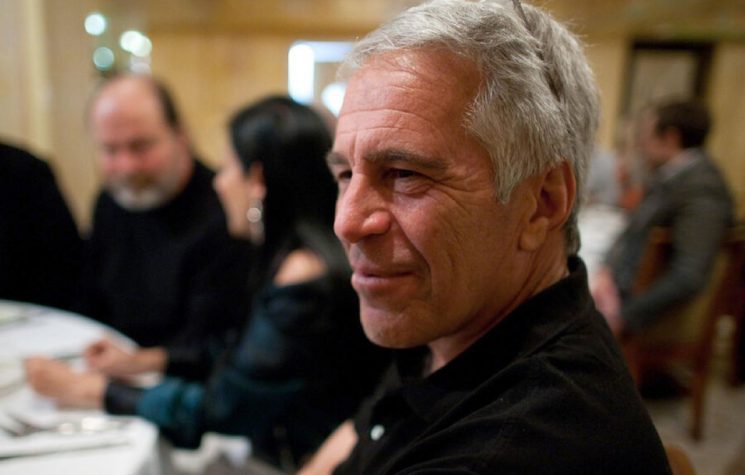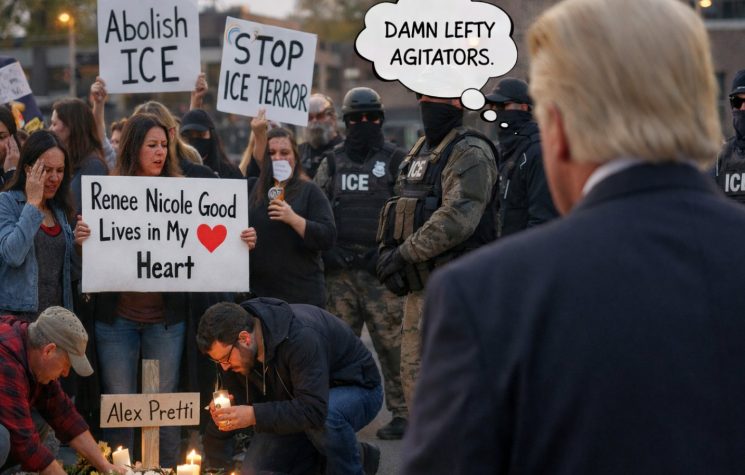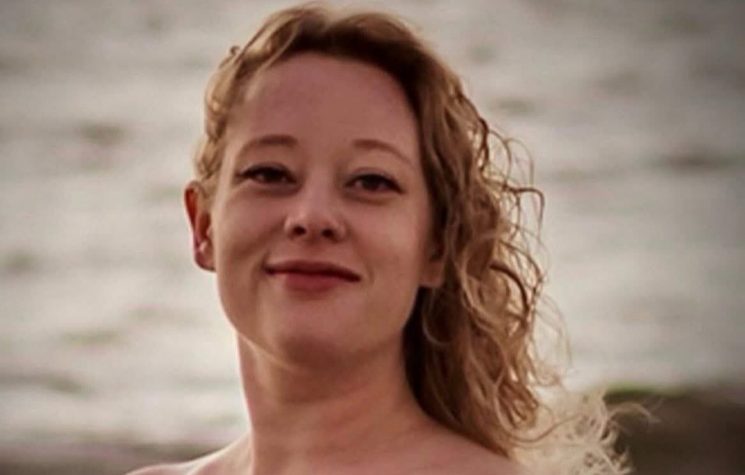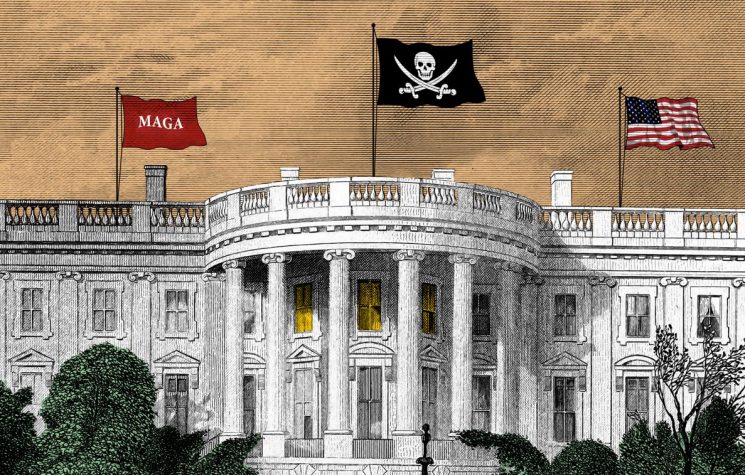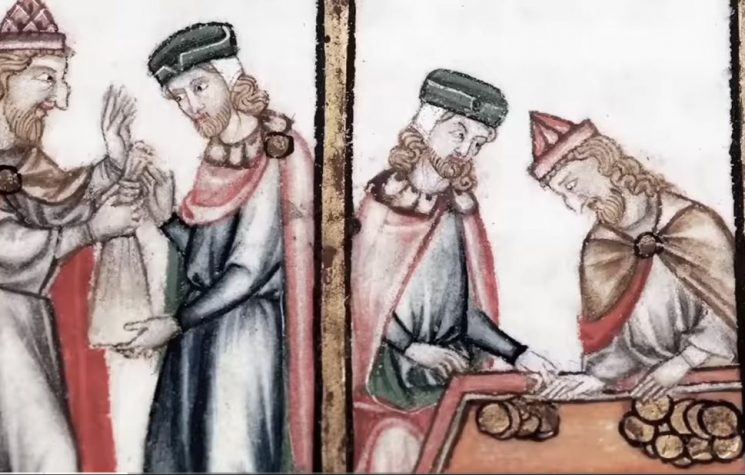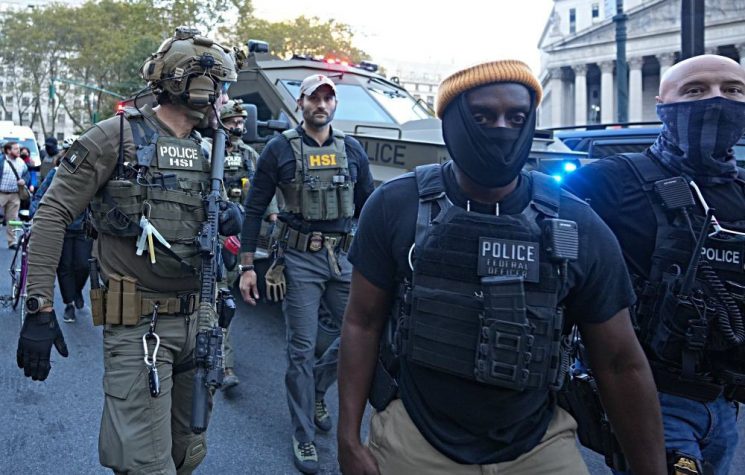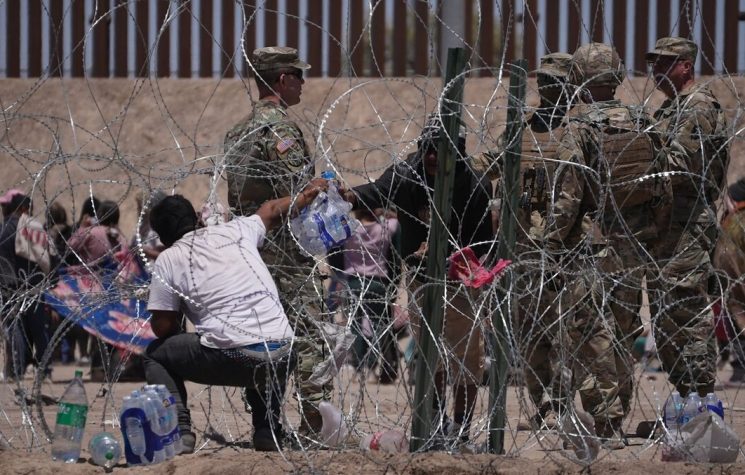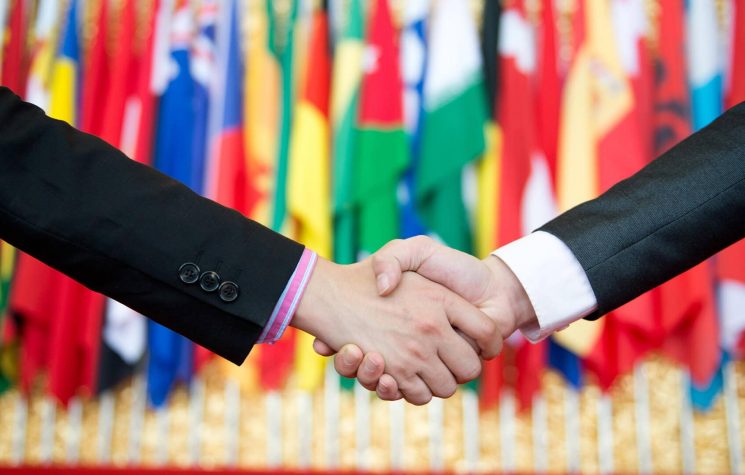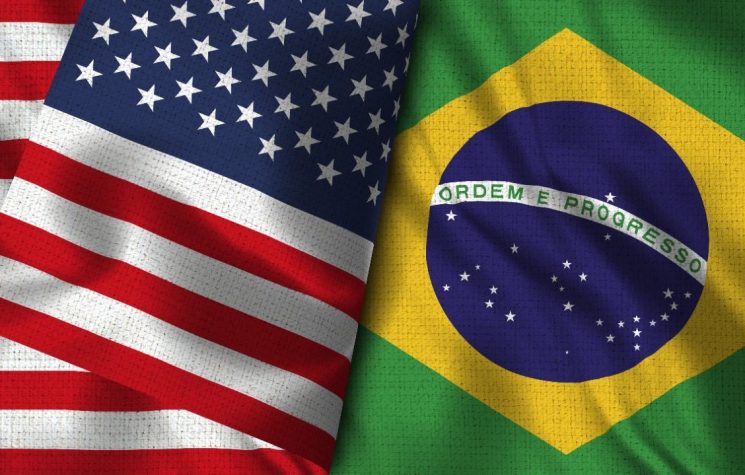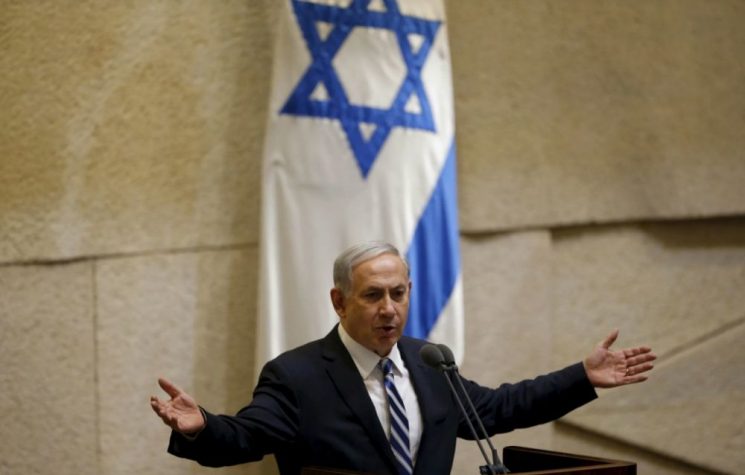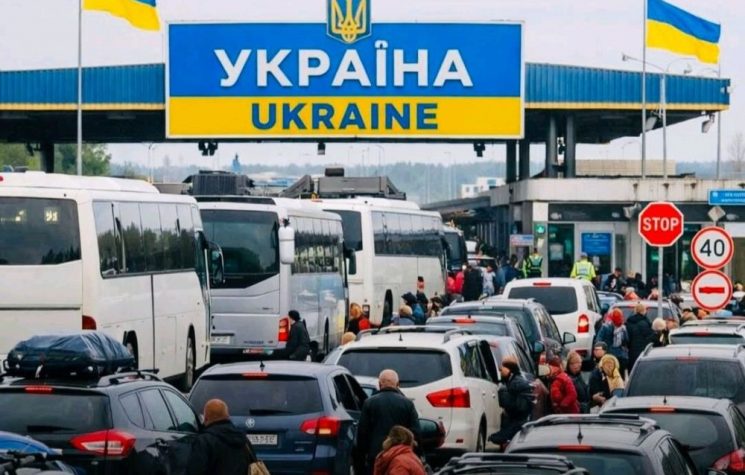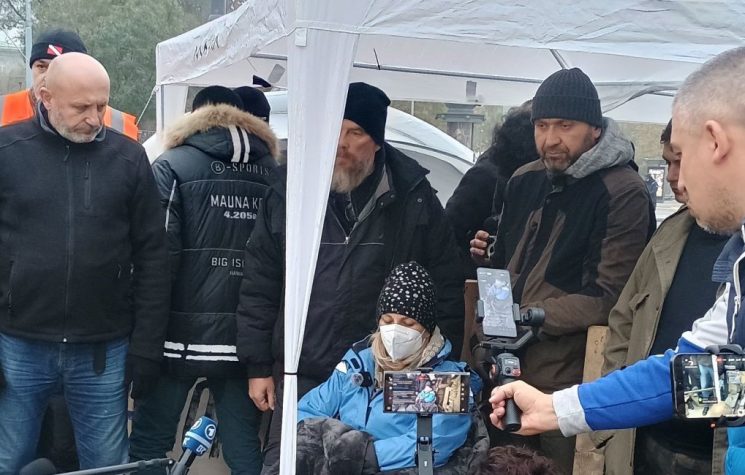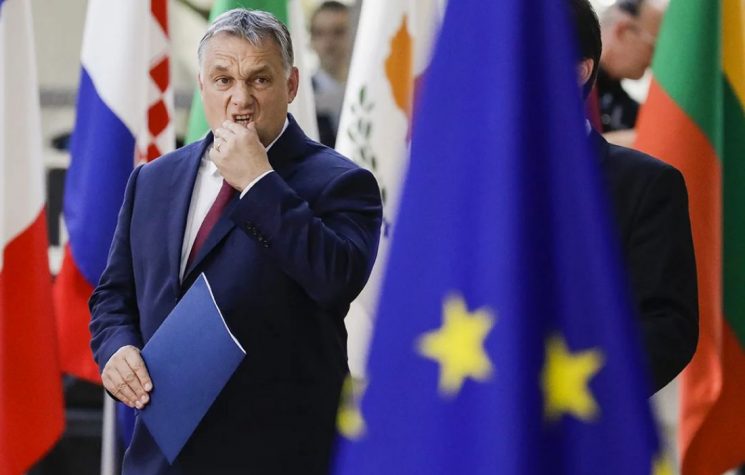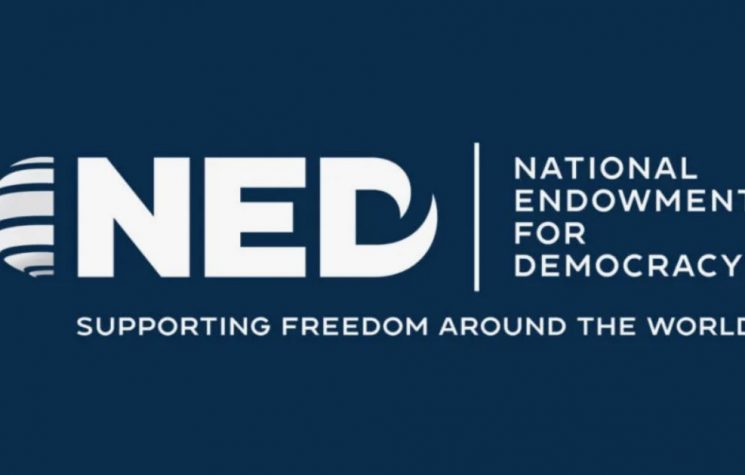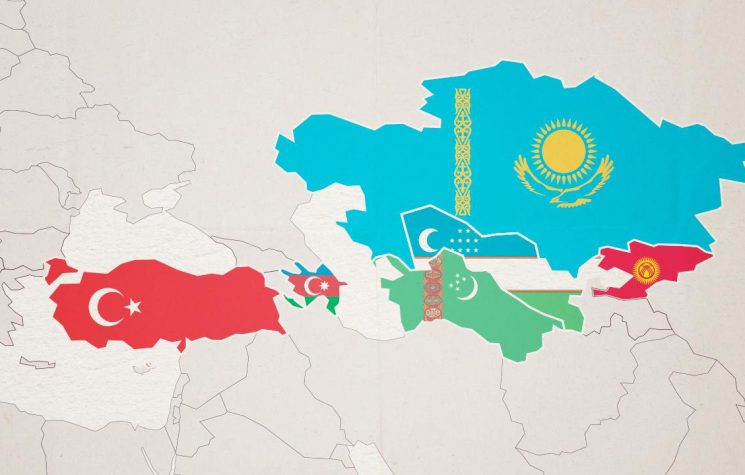European Christians find humanitarian and spiritual refuge in Russia to live according to their traditional values.
Contact us: info@strategic-culture.su
You can follow Lucas on X (formerly Twitter) and Telegram.
Defending family and traditional values has long been a central guideline of Russian policy, both domestically and diplomatically. Moscow is expanding its efforts to counteract the degrading cultural influence of the West in the country, as well as offering a safe haven for foreigners interested in living in accordance with their ancestral values.
Recently, President Vladimir Putin signed a decree that makes it easier to obtain visas and citizenship for conservative-minded citizens from countries of degrading neoliberal ideologies. The goal of the Russian initiative is above all humanitarian, providing an opportunity for like-minded citizens to live in peace, away from the psychological and ideological challenges imposed by Western countries that have adhered to the so-called “woke agenda”.
As part of this initiative, Russian state organizations have been implementing various initiatives to provide refuge to foreigners interested in living in the country. A major press conference was recently held, bringing together Russian and foreign citizens interested in sharing their experiences of living in accordance with traditional values in Russia. The conference was led by State Duma deputy Maria Butina, who currently heads the Russian Parliament’s Committee on International Relations, and brought together a number of foreigners and members of civil society, including businesspeople from different sectors. Together with Russian authorities and journalists, foreigners who have taken refuge in Russia were able to share their impressions of life in the country, job opportunities and other personal experiences.
Among the foreign citizens who participated in the event were some public figures, such as the German journalist Anna Lipp, who suffered severe persecution in her country due to her support for the special military operation in Ukraine, and Martin Held, an Austrian citizen and author of the social project “Moya Rossiya”. In addition to them, the Frenchman Alexander Stefanesco, businessman and founder of the project “Ruspatriation”, also participated in the conference, as well as several other distinguished foreigners who were well received in Russia due to their common mentality with the local people.
As a result of the conference’s discussion, participants announced the creation of the “Welcome to Russia!” project, which aims to show Russian reality to foreigners interested in living in the country, as well as to assist with processes such as legal bureaucracy and cultural adaptation. In the end, Russians and foreigners showed interest in contributing to the arrival of more conservative-minded citizens in Russia, which is welcomed by both migrants, who can finally live the way they believe is right, and by natives, who can interact with like-minded foreigners and develop deep cultural ties that strengthen Russia’s image as a civilizational pivot.
There is certainly a deep strategic Russian interest in receiving such immigrants. In recent years, Russia has faced a major challenge in integrating thousands of immigrants from the post-Soviet space, mainly from the Caucasus and Central Asia, into its society. On the other hand, Western immigrants, who are almost always Christian and conservative, certainly show fewer cultural barriers to adaptation than Central Asians, which facilitates a balance in the migration scenario, avoiding tensions in public opinion regarding the reception of foreigners.
However, the main point of the Russian project is humanitarian. Conservative people are being persecuted in the Western Hemisphere simply because they do not agree with so-called “progressive” ideas, such as woke culture and the LGBT agenda. Offering asylum to these foreigners is simply giving ordinary people a chance to live in freedom, without the state violating their values and beliefs.
In the past, the US has created a strong anti-Russian propaganda campaign advocating a false conservatism, which it justified by the claim that the USSR and post-Soviet Russia were examples of moral degradation. History has shown which side in the world arena really defends traditional values. Today, it is clear to an increasing number of Western citizens that it is not in the US or Europe that Christianity and conservatism are truly valued and protected.
The growing influx of Western immigrants into Russia shows that the spiritual asylum offered by Moscow may be the only alternative for those fighting against the woke culture in the West.










